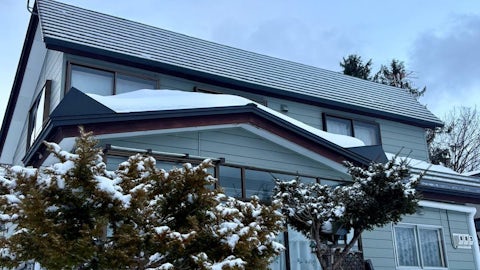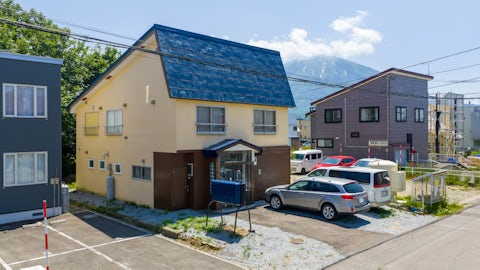
Japan Witnesses Surge in Foreign Tourists Exceeding 3 Million in March, Leading to Record Spending
For the first time in history, Japan's monthly tourist count surpassed the 3 million mark in March, simultaneously setting a new quarterly record for tourism-related expenditure, according to recent government data. This surge is largely attributed to the depreciating yen which has made spending on local services and experiences more appealing to visitors.
This tourism boom is a significant step towards achieving the government's ambitious target of 15 trillion yen (approximately $97 billion) in annual tourism revenue by 2030. However, it's also causing price hikes and complications for residents in tourist hotspots.
March saw an 11.6% increase in visitors compared to the same period in 2019, pre-pandemic, with the total reaching 3.08 million. This rise was propelled by the Easter holidays and the popular cherry blossom season, eclipsing the prior monthly record of just under 3 million set in July 2019.
South Korea led the influx of tourists, with numbers up 13% from March 2019 to 663,100. Taiwan followed with 484,400 visitors, marking a 20% increase. Meanwhile, tourism from China dipped by 35%, totaling 452,400 visitors.

Preliminary data from the Japan Tourism Agency for the first quarter indicated that spending by international tourists hit 1.75 trillion yen, with spending per visitor surging by 41.6% to 208,760 yen. The weakened yen significantly reduced the cost of luxury goods for tourists, as evidenced by a 32% increase in regional sales for LVMH Moet Hennessy Louis Vuitton, while sales in other Asian regions fell by 6%.
Accommodation expenses constituted the largest portion of tourist spending, totaling 561.9 billion yen. The focus of tourist spending is shifting from the massive purchasing trends of Chinese tourists in the 2010s to more service-oriented expenditures.
Domestic travel and service costs are also on the rise. February's government consumer price index showed a 25% increase in lodging prices since 2020. A hotel near Kyoto noted an influx of bookings from Chinese, South Korean, and Hong Kong tourists, with foreign reservations making up 80% of bookings for the upcoming Golden Week, boosting occupancy rates significantly.
Hotels are responding to the increased demand by raising their prices. The average room rate for Golden Week has seen a 5% increase from last year.
The disparity in pricing has sparked discussions, particularly a 2,000-yen bowl of ramen that has become a focal point of social media debate, with accusations of businesses charging tourists higher prices.
Hideo Kumano, chief economist at Dai-ichi Life Research Institute, projects that foreign visitors will account for a higher percentage of spending in restaurants and entertainment, anticipating that this figure could rise from 7.9% in 2023 to about 16% by 2029.

With the ongoing influx of tourists, overtourism is becoming increasingly problematic, particularly in Kyoto's renowned Gion geisha district where tourists often trespass on private properties for photos.
In response to these challenges, local councils, such as Gion-Machi South District Council, are preparing to enforce stricter rules, including fines for trespassing on private roads, to protect residents' quality of life.
Prime Minister Fumio Kishida has addressed the issue of overtourism, emphasizing the need to distribute tourist activities more evenly across the country and to develop sustainable tourism practices as critical measures moving forward.












